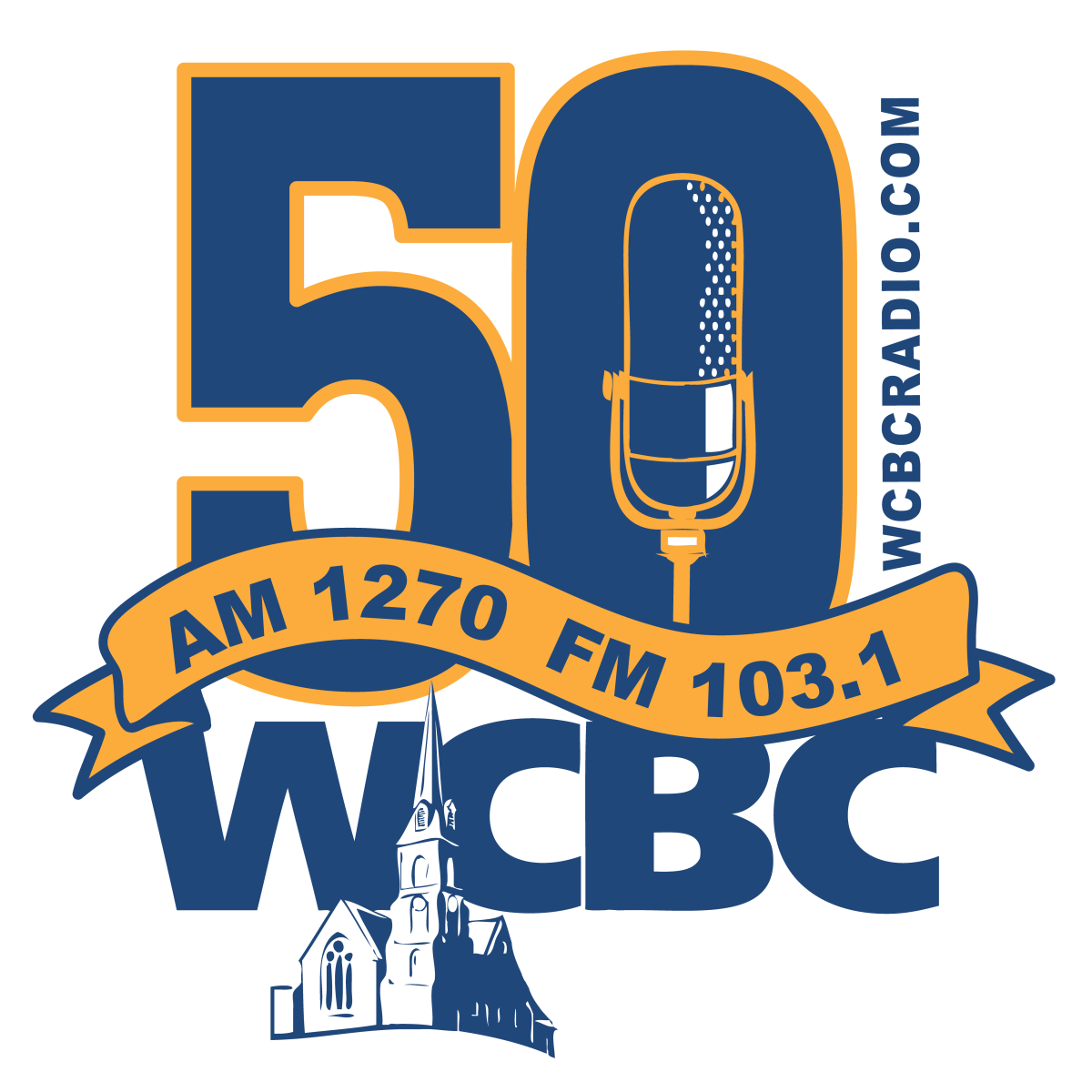October 8th, 2023 by WCBC Radio
WVU Medicine is the first in the state to offer a new pacemaker placement procedure for patients who suffer from sleep apnea and have not responded to other treatments. The procedure, which involves implanting a pacemaker-like device in the neck, can help reduce the frequency and severity of sleep apnea episodes.
Sleep apnea is a sleep disorder that occurs when breathing stops and starts during sleep. This can cause snoring, gasping for air, and restless sleep. Sleep apnea can also lead to daytime sleepiness, fatigue, and difficulty concentrating. Most importantly, sleep apnea can exacerbate pre-existing cardiovascular and respiratory conditions.
Traditional treatments for sleep apnea include continuous positive airway pressure (CPAP) therapy, bilateral positive airway pressure (BiPAP) therapy, and surgery. However, these treatments are not always effective for everyone. The remedēTM System is an implantable stimulator that sends a signal to the phrenic nerve, a nerve in the chest that controls the diaphragm, when the patient stops breathing to trigger the diaphragm to begin working again so the patient can breathe.
“Central sleep apnea is more difficult to treat than the more common obstructive sleep apnea because CPAP and BiPAP machines aren’t as effective,” Sunil Sharma, M.D., WVU Medicine pulmonologist, said. “Because these patients’ diaphragms aren’t receiving signals to breathe, air pressure alone can’t completely relieve their symptoms.”
This new treatment has made a significant improvement in the lives of patients like James Drake, 74, of Cumberland, Maryland.
Drake was instructed to undergo a sleep study in May 2020 after he fell asleep at a cardiology appointment, and his doctor noticed symptoms of sleep apnea. His sleep study showed that he had sleep apnea.
His doctor prescribed a CPAP device to help him breathe during the night. When that was not effective, his doctor prescribed BiPAP device to assist his breathing while sleeping.
“I had real problems when I was using BiPAP and CPAP,” Drake said. “It was blowing particles into my eyes, and I had constant eye doctor appointments. I had to use a lot of eye drops, and it was very uncomfortable.”
While Drake was undergoing tests and trials, his wife, Christina, started researching options. She learned about the Inspire and remedēTM devices and spoke with people in online forums about them.
“Based on his symptoms, I was convinced that it was central sleep apnea, not obstructive,” Christina Drake said. “I filled out a patient contact form for remedēTM, and a patient advocate reached out to me. She recommended I get on the Facebook remedēTM Support Group.”
Christina Drake said reaching out to the support group helped her find Dr. Sharma, who was able to see James in early 2021. After a repeat sleep study and research to determine the safety of the device’s use in patients with pacemakers, Sharma approved James for implantation of the device.
James Drake says he has seen a significant change in his life since receiving the device. He is no longer falling asleep at inappropriate times and has more energy to do what he loves, like gardening.
“We have several kinds of vegetables, and our flower garden has taken over our deck. I didn’t have the energy to garden before, and it’s great to spend time outside in the evenings, enjoying time on the deck with my wife and cat,” he said.
“I used to fall asleep watching TV around 8:30 in the evening, but now I’m able to stay awake and talk with my wife. It has improved our relationship.”
Those who have sleep apnea and have not responded to other treatments, can visit WVUMedicine.org/Sleep or talk to their primary care providers for more information.




.jpg)













